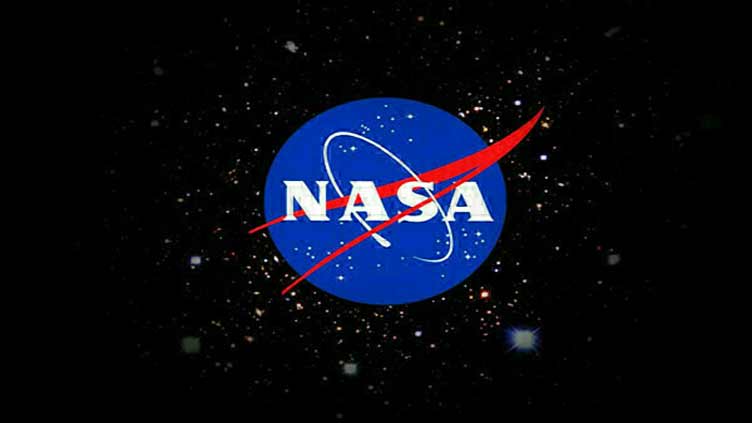NASA and SpaceX said Thursday they have postponed the launch of a crew of four to the International Space Station.
NASA said the mission was “standing down” from a scheduled Friday launch time, but did not provide a reason for the move.
“Launch now is targeted at 3:27 am (local time; 07:27 GMT) Saturday, Aug. 26, for SpaceX’s seventh crew rotation mission to the microgravity laboratory for NASA,” the US space agency said in a statement.
Dubbed Crew-7, the mission will be commanded by American Jasmin Moghbeli and includes Andreas Mogensen of Denmark, Satoshi Furukawa of Japan and Konstantin Borisov of Russia.
Lift-off is planned from Launch Complex 39A at NASA’s Kennedy Space Center in Florida, with a backup opportunity at 3:04 am (07:04 GMT) on Sunday.
SpaceX said the new launch date provided “teams additional time to complete and discuss analysis.”
“The vehicles remain healthy and crew is ready to fly.”
It will be the first space mission for both Moghbeli and Borisov.
“This is something I’ve wanted to do for as long as I can remember,” said Moghbeli, a Naval test pilot, during a media call last month.
“One of the things I’m most excited about is looking back at our beautiful planet,” added the 40-year-old of Iranian heritage.
NASA may delay crewed lunar landing beyond Artemis 3 mission
“Everyone who I’ve talked to who has flown already has said that was a life changing perspective – and also floating around in space, it seems really fun.”
Crew-7 is set to be the seventh routine mission to the orbital platform for Elon Musk’s SpaceX, with the first coming in 2020.
NASA pays SpaceX for the taxi service as part of a commercial crew program that it put in place to reduce dependency on Russian rockets for astronaut transport after the Space Shuttle program ended in 2011.
Boeing is the other contracted private partner, but its program remains mired in delays and technical difficulties and it has not yet flown any crew.
Borisov will be the third Russian to fly on a SpaceX Crew Dragon capsule, fixed atop a Falcon 9 rocket.
Space remains a rare area of cooperation between the US and Russia despite the invasion of Ukraine, with Americans also continuing to fly aboard Russian Soyuz rockets that launch from Kazakhstan.
The crew will spend six months aboard the ISS, where they will carry out science experiments including collecting samples during a spacewalk to determine whether the station releases microorganisms through life support system vents.
The goal is to understand if microorganisms can survive and reproduce in space.
Another experiment will aim to assess the physiological differences between sleep on Earth and in space.
“I’m looking forward to coping with all the tasks. This is a very interesting profession: you are preparing for something that you haven’t tried yet, and you really want to do it well,” said Borisov.
Crew-7 will join the seven people already aboard the ISS, before members of Crew-6 leave for Earth a few days later.
The first segment of the ISS was launched in 1998, and it has been continuously inhabited by an international crew since 2001.
Its operations are set to continue until at least 2030, after which it will be decommissioned and crash into the ocean. Several private companies are working on commercial space stations to replace it.
Post Views: 117


 Sports3 months ago
Sports3 months ago
 Fashion3 months ago
Fashion3 months ago
 Sports3 months ago
Sports3 months ago
 World3 months ago
World3 months ago
 pakistan3 months ago
pakistan3 months ago
 pakistan3 months ago
pakistan3 months ago
 World3 months ago
World3 months ago
 Sports2 months ago
Sports2 months ago



















